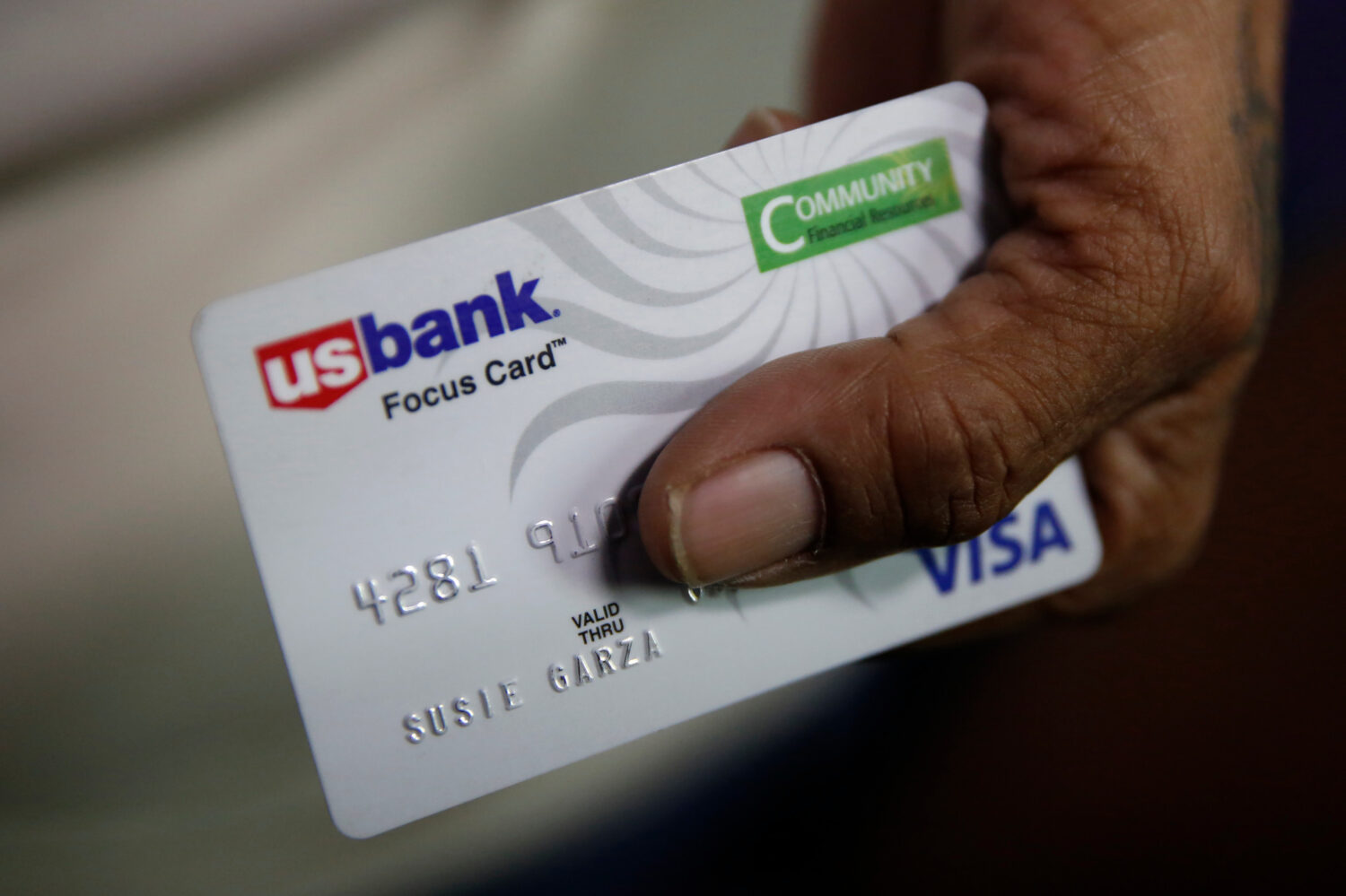A new basic income initiative in Washington, DC, called CashRx, is enabling low-income residents to select the amount of their monthly payments to better meet their personal needs. The program, managed by the nonprofit Bread for the City, aims to improve health outcomes for its participants by addressing economic instability and housing insecurity.

Tailored Support for Health and Stability
One participant, Deborah Ogarro Kelly, opted for $1,400 a month, which she needs to cover her family’s medical expenses. Kelly, 47, is the primary caregiver for her blind husband, who has several health issues, leaving her unable to work. The couple’s fixed income from SSDI benefits is under $2,000 a month, separate from the basic income payments.
Despite the financial assistance, Kelly still struggles to pay for rent, groceries, and medical prescriptions. The additional income has alleviated some of her financial stress but hasn’t fully resolved her concerns about long-term stability. Kelly emphasizes the need for continuous support to cover essential expenses and improve her husband’s health care access.
Expanding the Reach of Basic Income
The CashRx program, funded by the Community Foundation’s Health Equity Fund and other grants, initially includes five participants who selected payments between $1,100 and $1,400 per month. Bread for the City plans to expand this pilot program to 10 participants in the future. The goal is to provide direct financial support to improve the overall health and well-being of low-income residents.
Positive Impacts and Future Aspirations
Participants in the program have reported significant improvements in their mental health, ability to afford housing and utilities, and capacity to save for emergencies. Kelly hopes that basic income will continue to offer stability and eventually allow her and her husband to return to work.
As basic income programs face legislative opposition, Kelly advocates for broader understanding and support of such initiatives, emphasizing their potential to help people meet their basic needs and achieve financial independence.